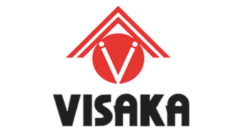IPOs mark the transition of a company from a privately held to publicly held firm. Every incorporated business issues stock, however there are usually just one, two or a few stockholders, since most businesses start out small.
These companies can’t sell stock to the general public beyond a small number of investors. If a company wants to raise a significant amount of capital without going into debt, one of the ways is to sell stock to the public.
SEBI
Before a company can do this, it must register with the SEBI (Securities and Exchange Board of India) and prepare a public offering. This offering includes a prospectus and a number of other legal documents.
The prospectus is the accounting and legal document. Everything good and especially bad or risky about the company, the senior staff, and majority stockowners is reported in the prospectus for the world to see.
The company contracts with an investment bank or banks to underwrite or handle distribution of the shares it wants to sell. The underwriters and the company agree on an opening price of the stock based on earnings or potential earnings and growth, but also what they think the market will bear.
The investment banker then offers bundles of the stock to major broker clients who then offer first chance purchase rights to their big retail and institutional customers, with everyone along the way taking a markup of some degree.
By the time most investors get a chance to buy the shares in the open market, they have gone through several hands already and, if the stock is hot, the price is substantially above the initial offering price the company agreed to in the beginning.

 Home
Home Saral Gyan Freebies
Saral Gyan Freebies Saral Gyan Services
Saral Gyan Services About Us
About Us Contact Us
Contact Us


















